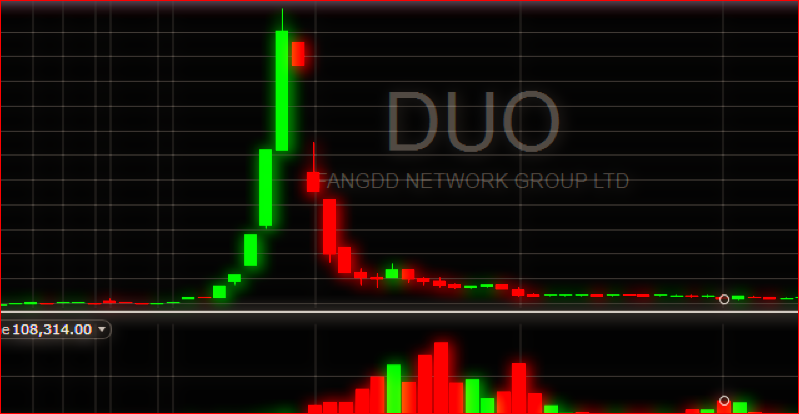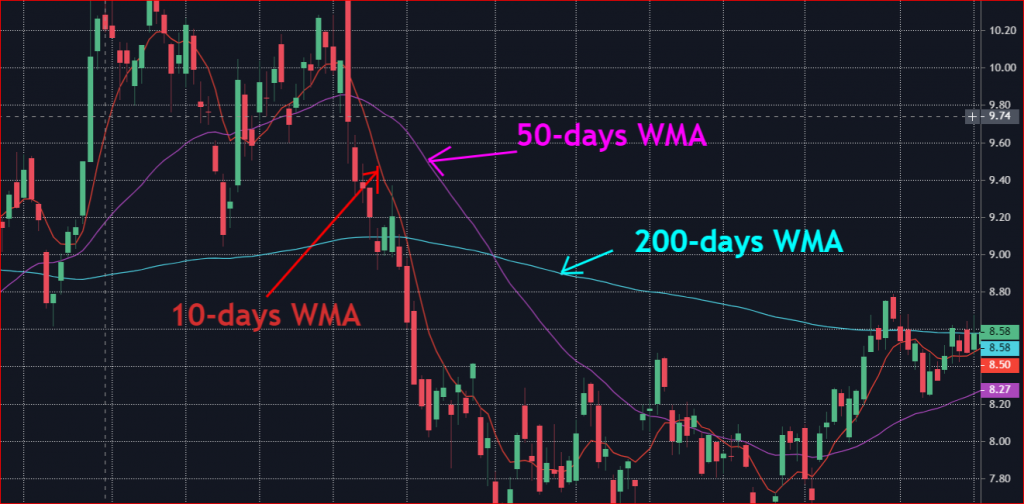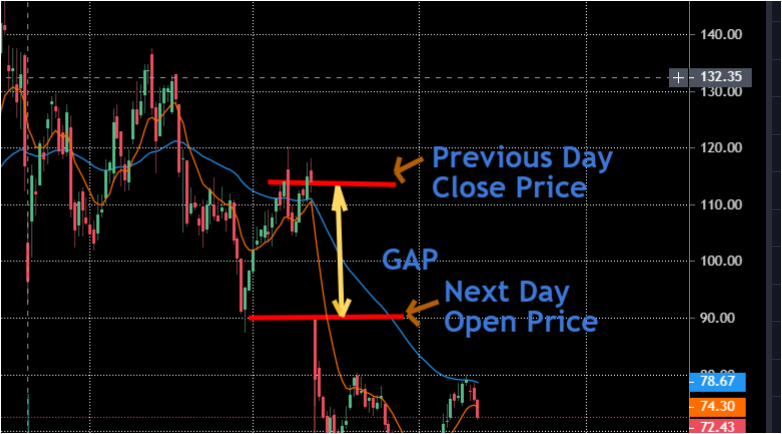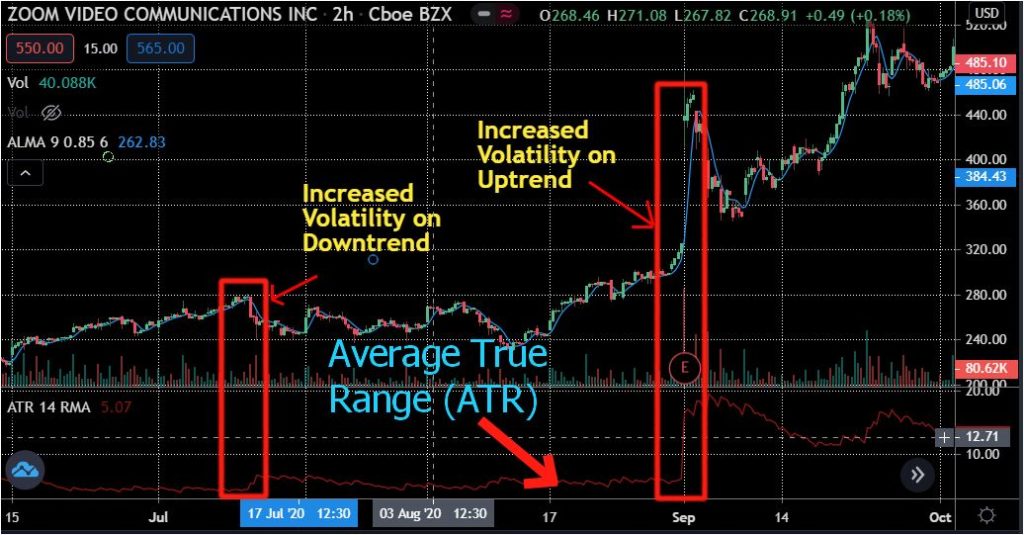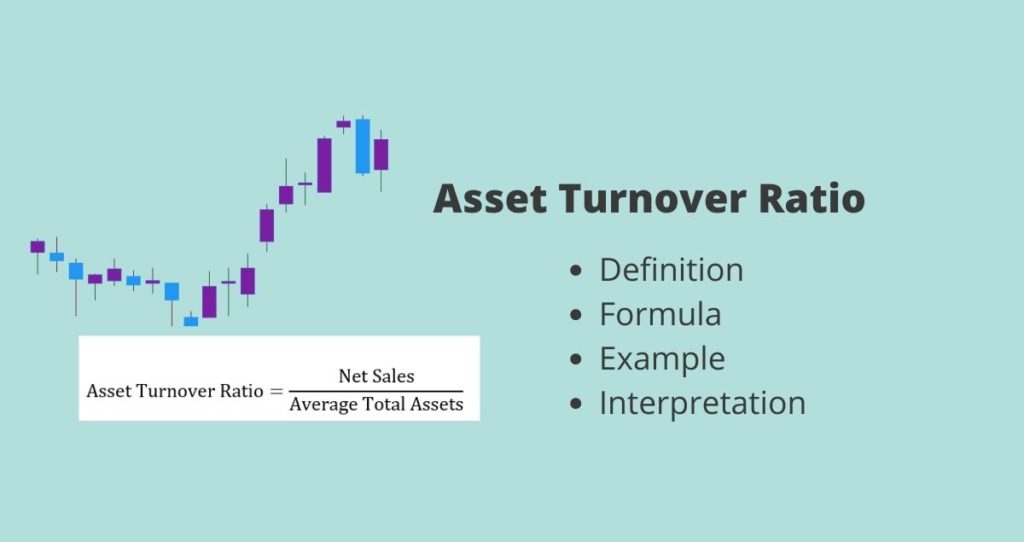Floating shares represents the total number of shares available to trade publicly at a particular time. If a stock has a low float, it means there is not a big number of shares to trade for that stock.
Investors calculate the floating shares from the total outstanding shares. The total outstanding shares represent all shares a public company authorized investors to buy and sell.
Once you know the total number of outstanding shares, you will then subtract all restricted shares and closely-held shares from them.
Closely-held shares represent the total number of shares owned by employees, shareholders, and owner(s) of a company.
Restricted shares represent all shares with temporary restrictions before they can be traded. For example, investors who owned shares of a company when it was private cannot trade them right after the company goes public. The restriction time is called the lock-up period. The lock-up period varies from one company to another. However, this period ranges from 90-180 days. Source: investopedia.com
The benefits of float
- Floating shares help determine the liquidity of a stock
- A float can bring more money into the business for further development and growth
- Help to increase the total market capitalization of a company
- They increase the company’s recognition and free advertising
- Gives companies another chance of compensation to their employees. For example, a company can give a few shares to its top-performing employees.
Disadvantages of float
- Public companies have the responsibility of shareholders’ interests. This means that everything the company does must align with shareholders’ interests because companies use their money.
- Companies have to continuously build relationships with the public for better returns
- Market fluctuations increase or decrease the value of the company
- A low float can affect the company’s stock trading activities
Final words
Depending on your trading strategies, the float can make a big difference in your returns. If the float is low, you may not get all shares you need at your desired time. In addition, it could be difficult to sell your shares when you want.




